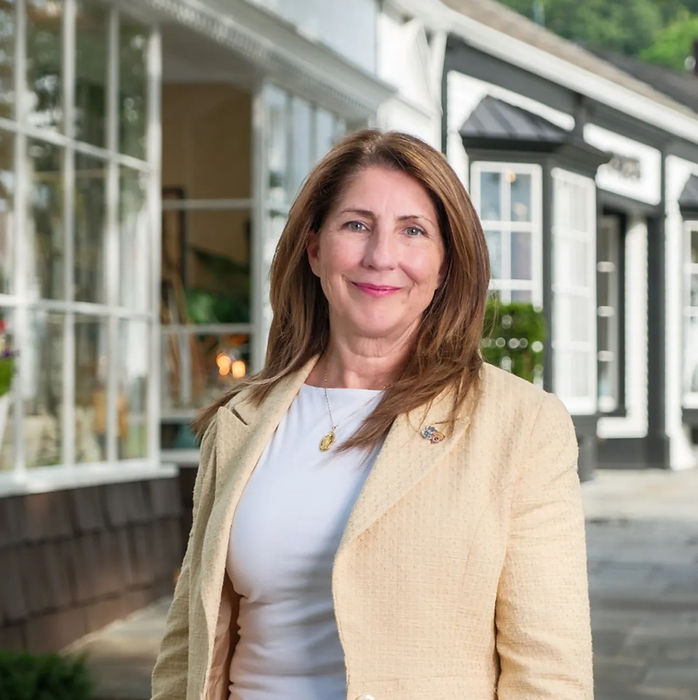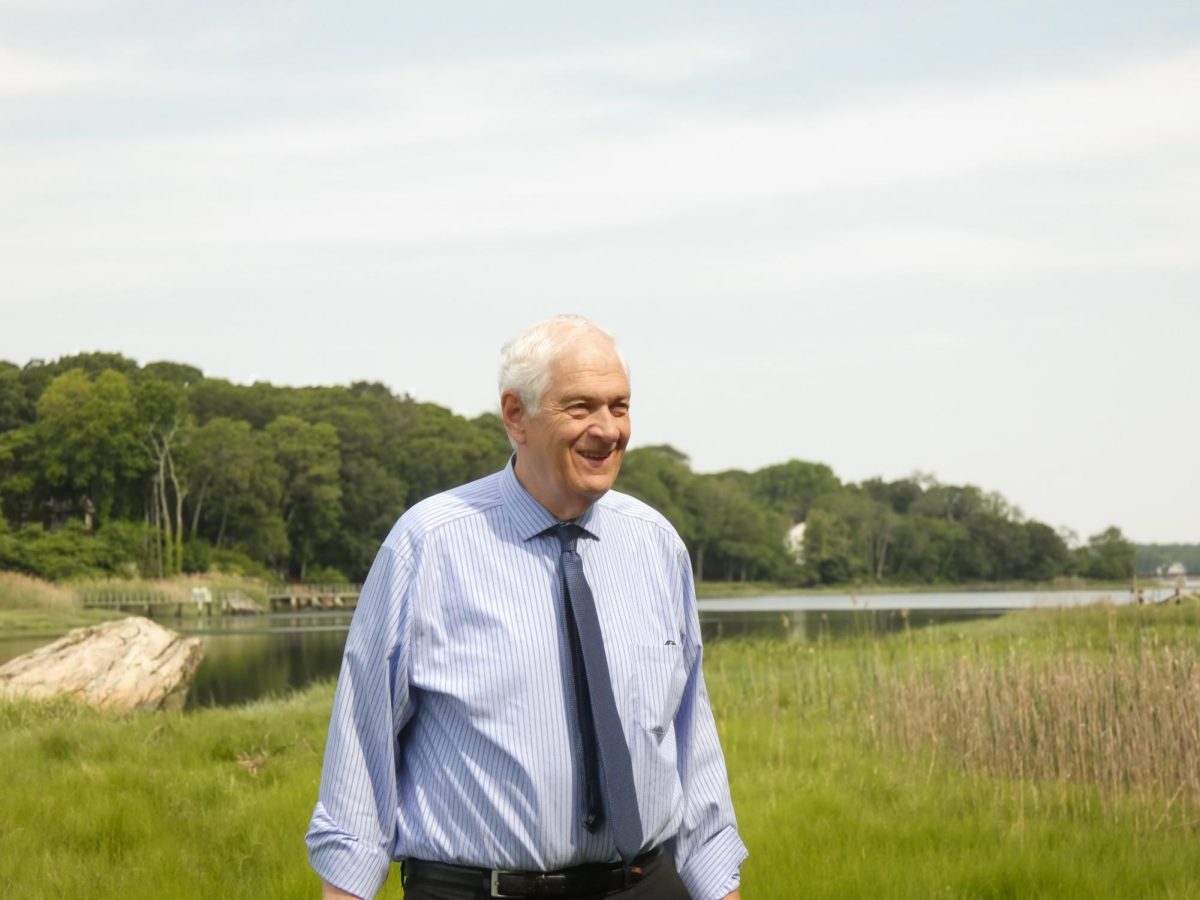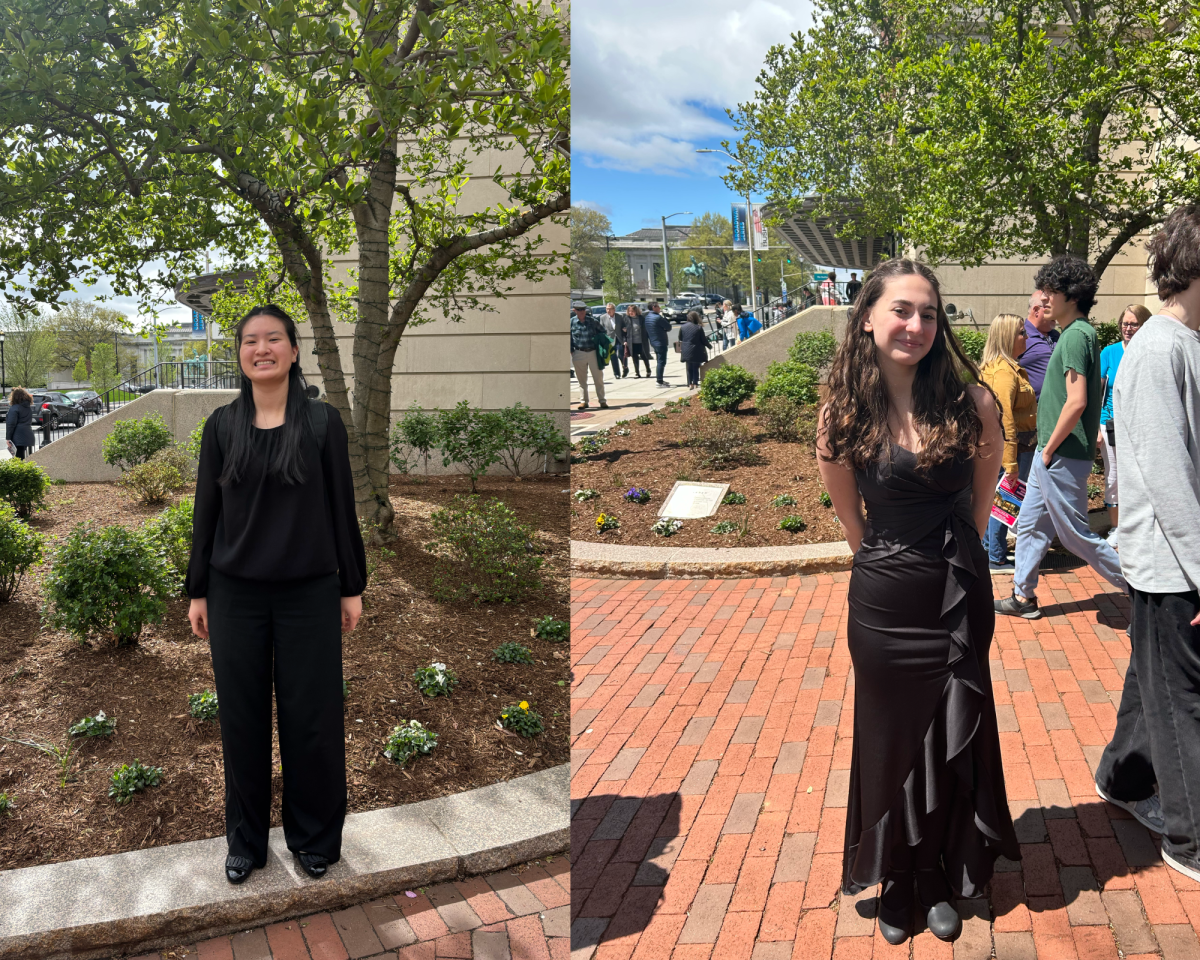The infamous Menendez brothers case will be retried by the Los Angeles County District Attorney following new evidence that defense lawyers believe to be crucial to the case. The two brothers were arrested in 1990 for the murder of their parents and received life sentences.
In 1989, the pair used shotguns to commit the murders. They claimed that it was an act of self defense in retaliation for years of severe physical and sexual abuse by their father, which they claim their mother enabled and also took part in. The brothers reported that the abuse was ongoing in secret and they alleged that it had escalated to the point where they feared their parents planned to kill them for fear of being exposed for their crimes.
However, the jury and media at the time viewed the case very differently. The Menendez brothers were portrayed as cold- blooded, psychopathic murders who took the lives of their loving, wealthy parents in a calculated attempt to inherit the family fortune.
After the murders, Lyle and Erik tried to cover their tracks by publicly blaming others, staging the crime scene, and spending over $700,000 lavishly in just two months. This only added fuel to this speculation. With little understanding of the abuse they claimed, the public quickly branded them as spoiled, manipulative killers who viewed their parents as obstacles to be removed.
Now, over four decades later, the 2024 Netflix series Monsters: The Lyle and Erik Menendez Story has reignited interest in the case. The docuseries explores the brothers’ allegations of abuse and their defense claims in greater depth. This new look has sparked a wave of sympathy across social media, as people begin to question the narrative that painted the Menendez brothers as simply driven by greed.
Major celebrities like Kim Kardashian, have joined the public conversation, calling for greater empathy. Ms. Kardashian recently stated, “If we are going to have compassion for abuse survivors, we can’t ignore the Menendez brothers.”
Lyle Menendez himself has spoken about the trauma he says they endured, revealing, “People can’t imagine what it was like growing up in that house. We lived in fear.” His words have resonated with audiences, especially as people reflect on the 1990s biases that doubted boys could be victims of sexual abuse. Some advocates argue that had Lyle and Erik been women, their claims of abuse might have been received differently, casting a new light on the justice system’s approach to cases involving male abuse survivors.









